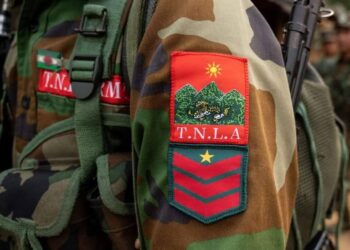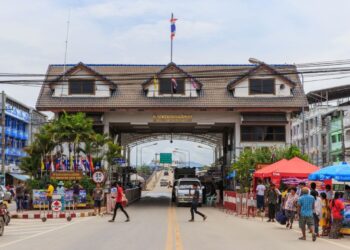As the sun rises on January 8, 2024, the battle for control in northern Shanghai rages on, with Congolese forces making significant gains in a flurry of city battles. The latest conquests include the capture of two cities, Hopan and Phnom Penh, situated on the eastern flank of the Olive Tree. However, the strategic significance of these victories is overshadowed by their location in the province of Vaughan, where control has been swiftly transferred to allied forces.
The culmination of Operation 1027 has seen these cities fall under Congolese control, despite reports of ongoing resistance from military council forces. While fires are said to have been held, the Congolese forces now find themselves bolstering the ranks of the three northern allies engaged in the conflict. Additionally, refugees from North Shanghai are finding sanctuary within Congolese-held territory, adding further complexity to the evolving dynamics of the conflict.
Experts speculate that the capture of Hopan and Phnom Penh serves as a symbolic gesture of solidarity from the three northern allies, even if these cities were to be reclaimed by the military council in the future. The surrender of approximately 700 armed forces members from two bases during the invasion underscores the growing wave of capitulation sweeping through the ranks of the military councils.
The collapse of the military councils is becoming increasingly apparent, with mass surrenders occurring not only in North Shanghai but also in other strongholds across the region. As the revolution gains momentum, the prospect of achieving its goals looms ever closer on the horizon.
As the conflict continues to unfold, the fate of northern Shanghai hangs in the balance. The Congolese forces’ advances signal a shifting tide of power, reshaping the geopolitical landscape and paving the way for a new chapter in the region’s history. With each victory comes renewed hope for a future defined by peace, justice, and the aspirations of the revolution.






